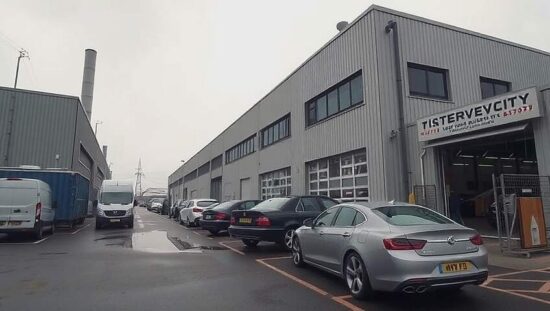Porsche is reportedly reassessing its significant presence in the Chinese market, signaling a potential and phased withdrawal according to sources cited by “Focus” magazine. The luxury automaker, headquartered in Zuffenhausen, has experienced a marked decline in sales within the world’s largest automotive market, prompting a strategic review of its distribution network.
Porsche’s official statement frames the shift as a process of “optimization” with the company aiming to reduce the number of dealerships from the current 144 (as of late 2024) by the end of 2026. While the “Focus” report suggests the reduction could affect a significant portion of these locations, Porsche emphasizes that future adjustments will be “flexible” and dependent on evolving market conditions – a deliberately vague phrasing raising concerns about the scale of potential closures.
The shift represents a dramatic downturn from Porsche’s previous success. In 2021, sales in China peaked at 95,700 vehicles, accounting for nearly a third of global sales. Last year saw a considerable fall to 57,000 units and preliminary figures for 2024 reveal a further drop; just 32,000 vehicles were delivered in the first nine months, a 25% decrease year-over-year.
Analysts attribute Porsche’s struggles to intensified competition from domestic Chinese manufacturers, particularly in the burgeoning electric vehicle sector. Companies like Xiaomi, offering compelling alternatives at more accessible price points, are eroding Porsche’s market share. The luxury brand’s comparatively high prices, coupled with a perceived lack of responsiveness to the specific demands of the Chinese EV consumer, have contributed to the sales decline.
Concerns regarding Porsche’s long-term strategy have been amplified by recent remarks from CEO Oliver Blume, who hinted at a potential abandonment of electric vehicle production in China if demand fails to recover. Such a move would not only represent a significant blow to Porsche’s image as a forward-thinking automotive innovator but would also likely draw criticism from policymakers in Beijing who prioritize sustainable transport solutions.
The reported restructuring raises fundamental questions about the viability of Western luxury brands in an increasingly assertive and competitive Chinese market and underscores the complexities of navigating the shifting geopolitical landscape of the global automotive industry. The situation also puts pressure on Porsche’s parent company, Volkswagen, to recalibrate its China strategy more broadly.





